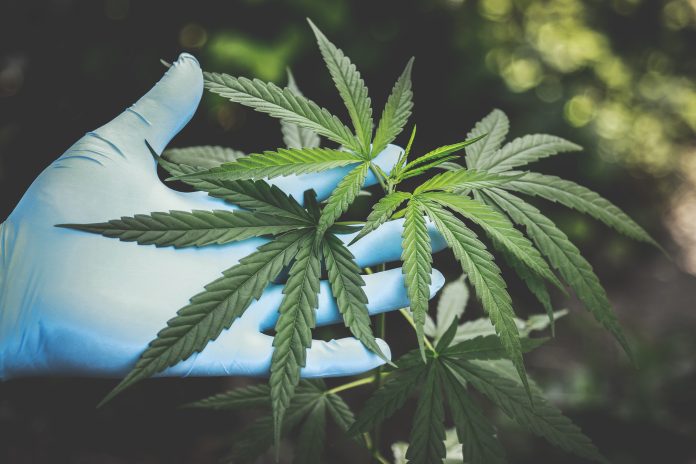Since the decision to legalize marijuana, various edibles in Canada have begun to appear.
According to materials recently published by Statistics Canada, Canadians received C$109 million ($87 million) worth of recreational cannabis edibles in 2020.
While that’s just 4.2 percent of all controlled cannabis sales last year, experts expect a big increase next year because inventory and choices are improving, and prices continue to fall.
“The more choices consumers have, it makes a difference,” said Jennifer Diane Thomas, CEO of the food and beverage company that makes cannabis, Province Brands.
“We’re still a long way from a product that can meet the different interests of each consumer and their different interests at different times.”
Table of Contents
Cannabis Sales Statistics
According to figures from Statistics Canada’s Retail Product Survey, cannabis food product creation has outpaced industry growth during the year, accounting for a growing share of total sales.
Food product sales and total market share by quarter:
- CAD 12.7 million in the first quarter (2.6%);
- CAD 22.5 million in the second quarter (3.9%);
- CAD 31.9 million in the third quarter (4.3%);
- CAD 42.2 million in the fourth quarter (5%).
However, data from Statistics Canada shows that sales of edibles lagged behind sales of other products such as extracts.
Edibles accounted for 4.2% of the regulated recreational cannabis market last year, with sales of C$2.6 billion.
Extracts and concentrates, by comparison, accounted for 12.3% of total sales.
Sales of dried cannabis accounted for the majority, 76% of all sales. But that share declined during 2020.
Toronto-based investment firm ATB Capital Markets sees this as just the beginning of an increase in market share for edibles, extracts, and topicals known as Cannabis 2.0.
“Cumulative Canadian recreational cannabis sales in 2020 were similar to Colorado sales in the first year of legalization, and judging by sales (first quarter 2021), Cannabis 2.0 products continue to increase share in Canada,” ATB analyst David Kidekel wrote. investors.
“The Colorado cannabis market indicates that cannabis 2.0 products could grow to 50% of the entire Canadian cannabis market within the next few years.”
The future of cannabis sales in Canada
Kiedekel estimates that Canadian adult and medical markets will see CAD $10 billion in sales in 2025, with cannabis 2.0 accounting for 50% of the entire market.
Thomas of Province Brands expects products such as beverages to be a natural starting point for legal cannabis use.
“Some cannabis consumers may feel safer with products that are a little bit more available, products that shred things they’re already familiar with, and I think drinks and food products (cannabis) do that,” she said in a telephone interview.
“Over time, the consumer base will become more sophisticated when it comes to Cannabis 2.0, food, and beverage, and there will be an opportunity for products imbued with craftsmanship, health, and all their hallmarks.
Thomas suggested that the beverage category, which currently holds a tiny share of the market, is held back by a lack of choice.
Beverages “don’t have a lot of variety and availability yet, and I really think it’s the variety that will propel the category. It’s still early days for us,” she said.
Of course, you can buy online weed or still go to certain stores with a diverse assortment of products to suit your taste.



















